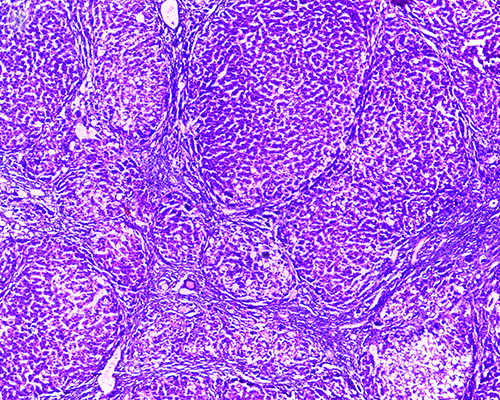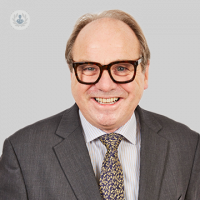All you need to know about liver disease
Written by:Liver disease is the fifth commonest cause of death in the UK and the instance of deaths has increased by 6 to 8-fold over the last 40 years. The commonest causes of liver disease include alcohol, fatty liver disease and chronic viral hepatitis. Professor Kevin Peter Moore, a leading hepatologist (liver specialist), talks about liver disease.
Fatty liver disease affects 20% of the population. It is important because of those 20%, approximately 20-25% of them will have chronic inflammation of the liver. A significant proportion of those patients will develop scarring of the liver leading to the development of cirrhosis, liver failure, and liver cancer.
For that reason, it’s important to identify patients with fatty liver disease. Identify those who are at risk of developing long term scarring and offer appropriate advice for lifestyle changes to minimise their risk going forwards. In some cases of acute liver disease, liver transplant surgery may be needed.

What causes fatty liver disease?
Fatty liver disease is an excessive deposition of fat in the liver. It can be caused by a variety of conditions including being overweight or obese, having type-2 diabetes, or associated insulin resistance with a metabolic syndrome. It can be associated with hypolipidemia. Of course, it can also be associated with excessive alcohol consumption since alcohol is directly metabolised into fat by the liver. It is diagnosed by the fact that firstly, you may have abnormal liver function tests, on investigation a general practitioner may find that an ultrasound scan shows that you have a bright, fatty looking liver.
In the past, to confirm the diagnosis and to look for evidence of chronic inflammation, we used to have to carry out liver biopsy. Nowadays, however, we can apply FibroScan technology which has been developed by a company called Ecosens. This can be used to measure the amount of fats in the liver by measure CAP score or the controlled attenuation parameter as well as the detection of fibrosis by looking for liver stiffness.
What causes cirrhosis
Cirrhosis of the liver is caused by chronic scarring and the developments of regenerative modules in which the liver tries to regrow itself. It is caused by alcohol, chronic viral hepatitis, fatty liver disease and a whole variety of other liver conditions. Once it develops, the failure of the liver to detoxify various toxins and other metabolites can lead to the development of jaundice, confusion, and the increase of pressure in the liver can lead to the accumulation of fluid in the peritoneal cavity as well as dilation of veins in the oesophagus which can bleed due to oesophageal varices.
It is therefore important that whoever you see finds the cause of the cirrhosis in order to begin initial treatment. So if we treat the cause of cirrhosis, the outcomes can be considerably improved.
What is a Fibroscan?
A FibroScan is a new technology which can assess both the scarring of the liver and avoid the need for liver biopsy. It is a new technology developed in the last 10 years or so in which we assess two parameters. One is we assess liver stiffness and in essence what the machine does is it flicks the side of the liver tries to tell how wobbly the liver is in the same way that if you flick some jelly, the jelly will wobble. If you don’t put enough water when you make the jelly, it will be stiffer and won’t wobble as much. If we do that exactly, a healthy is wobbly liver.
The other parameter it tells us is the CAP score which is called the controlled attenuation parameter, which is a measure directly proportional to the amount of fat in the liver. When we see you in the clinic, applying a FibroScan with CAP technology, we can tell two things. One is do you have excess fat in the liver and two, does the liver exhibit any significant scarring.


